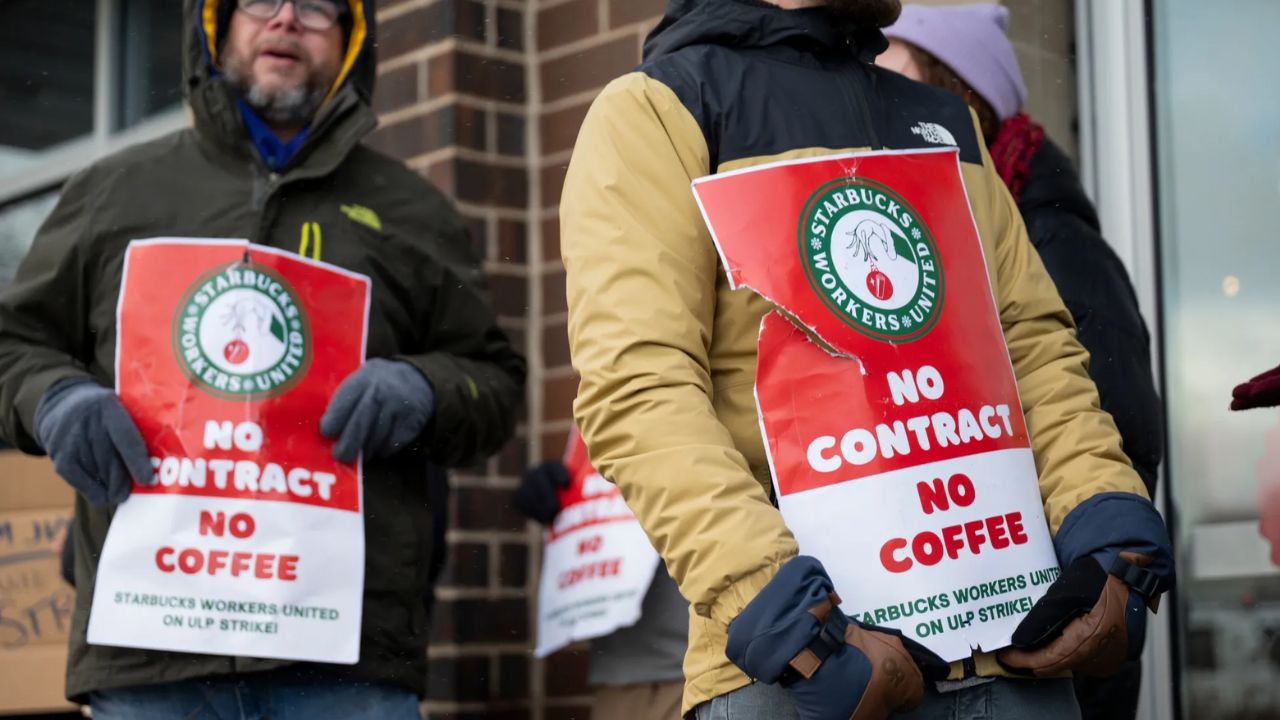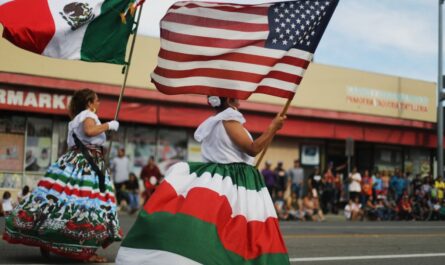Seattle, WA – Starbucks unionized workers have announced plans to strike on November 13, 2025, coinciding with the coffee giant’s annual Red Cup Day promotion, if the company does not finalize a labor contract by that date. With a decisive 92% vote in favor, thousands of union members are pushing for a first contract offering better pay and more flexible hours.
The union, Starbucks Workers United, has made clear that this strike would mark their third national work stoppage in under a year, underscoring escalating tensions between workers and management.
A Tense Labor Dispute Reaches Critical Point
The push for a strike after months of negotiation highlights a broader conflict over wages and working conditions at Starbucks. Since beginning contract talks in April 2024, negotiations have stalled amid disagreements on key demands, including increased hours and pay.
Starbucks Workers United represents over 9,500 baristas across 550 stores, a small but growing fraction of Starbucks’ workforce of over 200,000 employees in North America.
- The union demands cover issues such as higher take-home pay and added compensation for shifts close to store opening or closing, promotional events, and weekend work.
- Starbucks claims the union requested a massive immediate pay increase of 65%, totaling 77% over three years, which the union disputes.
- CEO Brian Niccol defends the company’s compensation and benefits as the best in retail, highlighting wages of about $30 an hour plus benefits for employees.
“The ball is in Starbucks’ court,” said Michelle Eisen, a union spokesperson and Starbucks barista. “Our fight is about actually making Starbucks jobs the best jobs in retail.”
Strike to Target 25 U.S. Cities on High-Profile Retail Day
If no contract agreement is reached, the strike will begin at stores in 25 major U.S. cities, with the potential for additional stores joining. The timing is strategic, aiming to disrupt Starbucks’ key holiday sales event, Red Cup Day.
This event typically boosts business and draws significant customer attention, amplifying the union’s leverage and visibility of their dispute.
Starbucks spokesperson Jaci Anderson expressed disappointment over the strike authorization, calling for a return to negotiation.
“When they’re ready to come back, we’re ready to talk,” Anderson said.
Union Growth and Continued Challenges
Starbucks Workers United emerged in 2021 in upstate New York and has steadily expanded as more workers seek to improve retail working conditions through collective bargaining.
Previous strikes include a nationwide effort in December 2024 and protests in May 2025 over dress code policies, signaling persistent unrest among Starbucks staff.
Barista Jasmine Leli shared,
“Right now, it’s only the best job in retail for Brian Niccol.”
Background and Expert Insight
Industry analysts note that Starbucks’ relatively low turnover and strong benefits are notable but acknowledge ongoing worker concerns about affordability and scheduling. The union’s demands and strike plans illustrate broader labor trends in retail and service sectors.
Read Also: Alabama Woman Discovers Canadian Version of Alani Nu Witch’s Brew with Lower Caffeine Content
For more detailed coverage on the Starbucks union strike, visit CBS News.
What’s Next for Starbucks and Its Workers?
With negotiations at a standstill and a high-stakes strike looming, both Starbucks management and union members face critical choices. The upcoming week will be pivotal in determining whether this conflict will escalate or find resolution.
Key points to watch:
- Will Starbucks finalize a contract before November 13?
- How will the strike affect the company’s holiday sales and brand reputation?
- What broader impact might this labor action have on retail industry labor relations?
Share your thoughts: What do you think about the upcoming Starbucks union strike and the workers’ demands? Join the conversation and share your views in the comments below!


 by
by 

